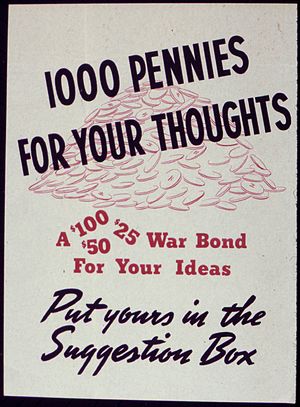| Håkan Nesser auf dem Blauen Sofa (Photo credit: Das blaue Sofa) Flickr |
If you want a quick writer's vacation/holiday, look around you for a safe, private, open field or a public or private lake that you have access to, or just anywhere outside away from the too-familiar places, and preferably where there are some of your favorite nature things. Lakes, ponds, ocean beaches (quiet strands or rocky places are essential), or a hilly place with a view, some shade, and safely not in use by anyone but you.
Take along a few vital elements like plenty of water, a sandwich, and some fruit or a light snack. Take plenty of whatever you might need, as well as, possibly, a light umbrella to shield from the sun. Oh, and a blanket or, if you plan to go out in a boat or canoe on some calm river, take some cushions for comfort of bum and back.
I am half-way through an Inspector Van Veeteren detective story (Swedish author, Hakan Nesser, beautifully translated into English) that I've read before. A tough case with elusive sources of discovery plagues the chief inspector who is helping in another locale, one week from his own scheduled holiday. He's even thinking of retiring to co-manage a bookshop that needs help while also having more time for daily newspapers and people not necessarily involved in crime-solving. Maybe an interesting woman in his life.
He takes a day off during a lull in this case while other detectives and police on the team continue to track what little information they have to go on. Chief Inspector Van Veeteren is not in charge of the case, but has been called in by another locality. Right now, he is heavily depended upon by a local acting chief of police, a young man faced with his first report of a missing person, possibly a murder.
On the day off in the midst of all of this, Inspector Van Veeteren leaves the town where he's lodged in a small hotel. He walks some distance to a river where he rents a canoe. He puts into the canoe, before stepping in and almost upsetting it, his cushions, sun-umbrella, water and some food he brought along. Oh, and his briefcase.
He is taking a short holiday in the middle of the case that has very few clues so far. Only an anonymous phone call. Van Veeteren is not at all showing a lack of care by taking this break. He is actually working on the case in another way. Among other reflections, he thinks about a recent conversation with a new friend...about reason and intuition.
This day, on the river where he eventually pulls in to a quiet space along the bank, he tries to let his mind rest and to see if intuition once again might reveal or at least hint something to him.
Inspector Van Veeteren and his team do not take crime lightly. They do not "enjoy" their jobs. They do not say so, but any reader can infer that they are called to what they do. They become violently ill on their first hard cases. They lose sleep. They stay away from home for days and nights on end, if needed. They work through heat, cold, and in spite of strange witnesses or possible informants.
Van Veeteren is thinking of writing his memoirs, but one suspects he will never get to them, that he will not yet retire, that he will keep on doing the hard job that needs his attention right now. It also bears mentioning that the inspector is not a "religious" man, but he seems to know the Bible, telling a teenager, who is overly protective of her religious sect's teachings and teachers, that surely she's heard of the Bible and to go to it and read Isaiah 55:8.
















